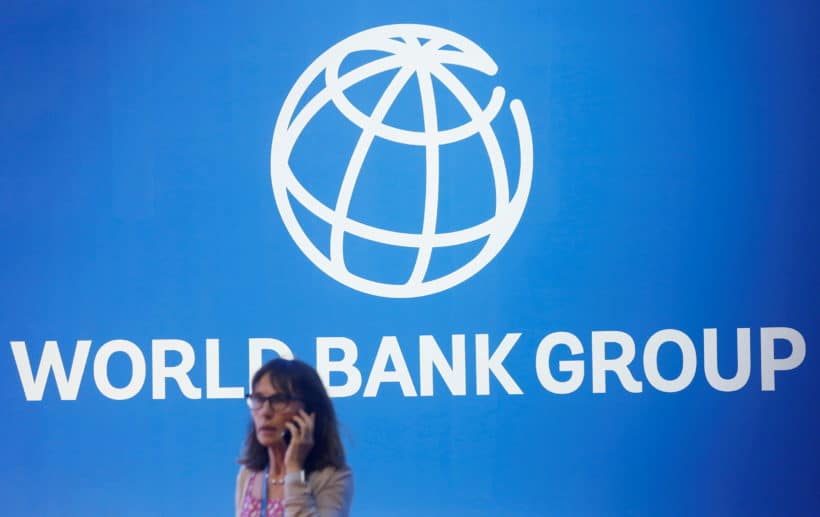
The World Bank says Sub-Saharan African growth may drop by as much as a percentage point this year, hit by rising instability, weak growth in its biggest countries and worsening global economic uncertainty.
In its latest Africa’s Pulse report, the bank forecasts real gross domestic product will decelerate to 2.5% in 2023, from 3.6% in 2022. This as Africa’s most industrialized nation, South Africa, is expected to expand by 0.5% in 2023, stunted by energy and logistical bottlenecks. The region’s biggest oil producing nations, Nigeria and Angola, are projected to grow at 2.9% and 1.3% respectively, due to lower international prices and currency pressures affecting oil and non-oil activity.
“The region’s poorest and most vulnerable people continue to bear the economic brunt of this slowdown, as weak growth translates into slow poverty reduction and poor job growth,” Andrew Dabalen, World Bank Chief Economist for Africa said in a statement accompanying the report.
Africa’s commodity-dependent economies are taking the brunt of lower metal prices as global growth slows after the U.S. Federal Reserve jacked up interest rates to combat the highest inflation in close to four decades. Russia’s invasion of Ukraine has also increased geo-political tensions and destabilized global supply chains and trade flows.
The bank says in per capita terms, growth in Sub-Saharan Africa has not increased since 2015 and the region runs the risk that the average annual growth rate per capita may contract by 0.1% over the 2015-2025 decade, thus potentially marking for a lost decade.
More than half of the region’s countries – 28 out of 48 – have seen their 2023 growth forecasts revised downward from the World Bank’s April estimates.
However the inflation picture is improving, the bank said, forecasting average consumer prices may decline to 9.3% in 2022 to 7.3% in 2023. It says fiscal balances are also looking healthier in African countries pursuing prudent and coordinated macroeconomic policies.
Key to bolstering a turnaround in the region’s growth prospects and create jobs for its millions of youth will be reforms to enable the growth of the private sector, investment in education and the prioritization of girls and women in economic activity, the report says.
“The urgency of the jobs challenge in Sub-Saharan Africa is underscored by the huge opportunity from demographic transitions that we have seen in other regions,” said Nicholas Woolley, World Bank Economist and contributor to the report. “This will require an ecosystem that facilitates private-sector development and firm growth, as well as skill development that matches business demand.”